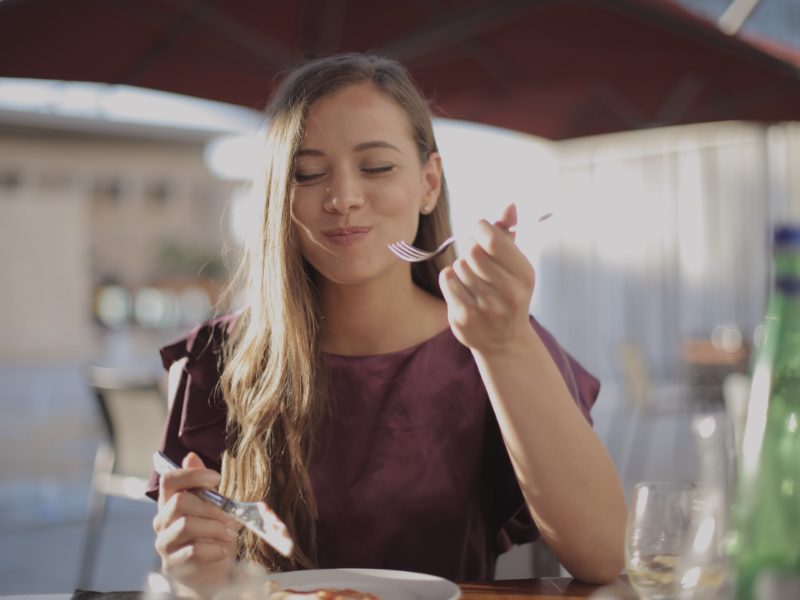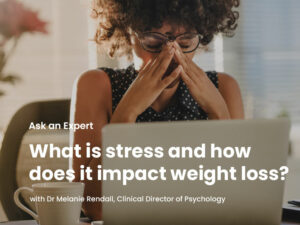When looking into having the Gastric Bypass procedure, individuals need to consider what changes they will need to make to their day to day lives after their weight loss surgery. This leads many people to worry about what they can and can’t eat.
Post-surgery, patients are placed in contact with a specialist dietician that will recommend a diet that keeps portion sizes small and introduces different food textures stage by stage with a focus on correct eating techniques and healthy choices. It is important to keep regular contact in these early months to ensure the best foods are introduced to ensure the stomach area can heal without the risk of being overstretched by food and the patient will get used to eating smaller portions of the right balance of foods to aid weight loss and help to avoid any after-surgery complications.
Please keep in mind that it is important to follow the advice of the dietician to ensure the success and comfortable recovery of the weight loss surgery.
What can I eat after Gastric Bypass surgery?
The patient will begin by sipping on water immediately after surgery while in hospital, then to teas, herb teas, milk. By the time they are home they are moved on to smooth pureed foods, avoiding all lumps and bumps for the first 4 weeks such as:
- Weetabix in semi skimmed milk
- Pureed chicken and lentil soups
- Pureed casseroles
- Low fat unsweetened yogurt with pureed fruit
In the first week, these foods are made more runny, slowly making thicker depending on tolerance. Portions are small at this stage, just a few teaspoons at a time and no more than the size of a small yoghurt carton, with the focus being instead on little and often, typically six times a day. They must remember to eat and sip slowly to avoid discomfort and to avoid the stomach area becoming too full.
Once the patient is handling pureed food, usually after 4 weeks, soft foods are introduced. These are again very small meals little and often as for the first few weeks. This time the patient is taught how to chew until a pureed consistency is made before swallowing. Soft foods that are advised include:
- Minced meats such as cottage pies, shepherds pie
- Certain types of soft fish
- Cottage cheese
- Soft boiled potato, sweet potato
- Soft cooked vegetables without thick skin
- Soft fresh fruit, making sure to avoid seeds or thick skin,
- Cooked vegetables without the skin
Usually, after about eight weeks, a patient can gradually eat firmer food are introduced to all textures of food, but the patient must make sure they are chewing well and stop eating before they feel over full.
What can’t I eat after Gastric Bypass surgery?
Patients are advised to avoid the following:
- High fat and sugar content foods – These may cause discomfort or dumping syndrome and lead to nausea or diarrhoea. Even if a patient has none of these symptoms eating these foods leads to weight gain. Clearing these foods out from the beginning is important for resetting to a new lifestyle to get the right start for life.
- Alcohol – consumption of alcohol increases the risk of ulcers and gastritis on the small stomach. Alcohol is absorbed faster after surgery with the effects of alcohol felt faster. As for sugar and fats above, even for those without noticeable symptoms, alcohol contributes to weight gain and reduces the absorption of some key nutrients risking deficiencies. For this reason, we advise avoiding for the first year and then limiting to very small amounts
Apart from these, there are no specific foods that need to be avoided. However even after a patient has fully healed from their surgery, there may for some be foods that are likely to cause more problems to chew than others, such as doughy bread, rice or tough meat with foods getting stuck causing pain, nausea, or vomiting. However with the correct process and working closely with the dietitian techniques will be given for even these foods so that these symptoms are avoided and all main food groups are in the main well tolerated. Patients can go on to lead normal diverse lives eating out with friends, travelling or eating at home along with the family.
To enquire with Streamline about the weight loss procedures we offer, please call 0333 016 3030 or fill in the online enquiry form below.



